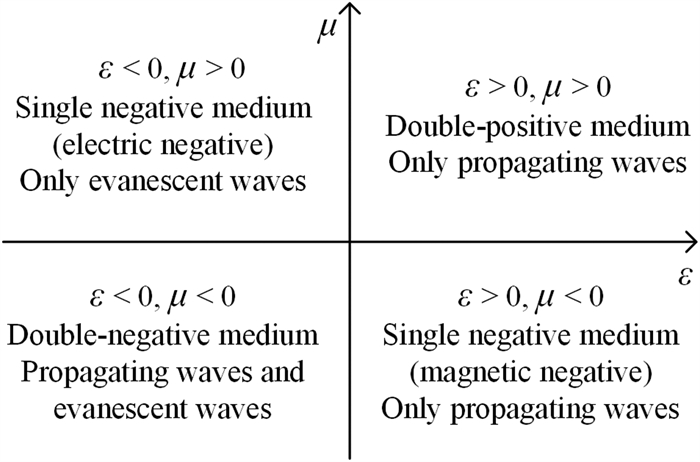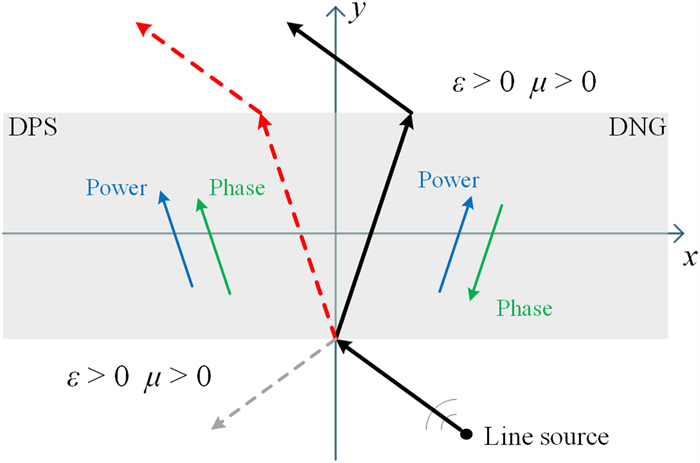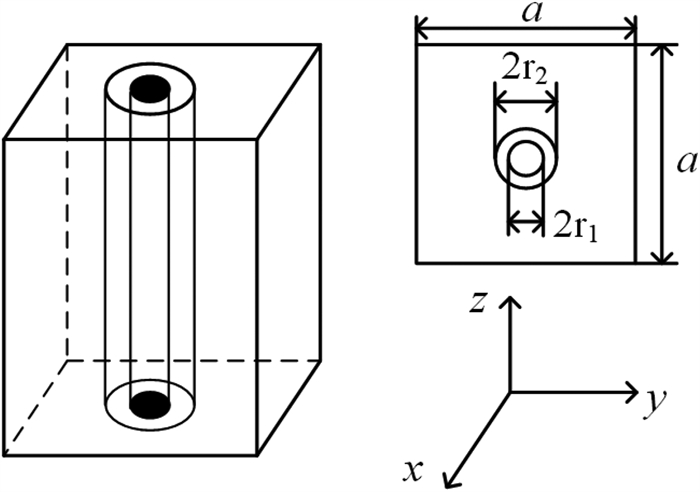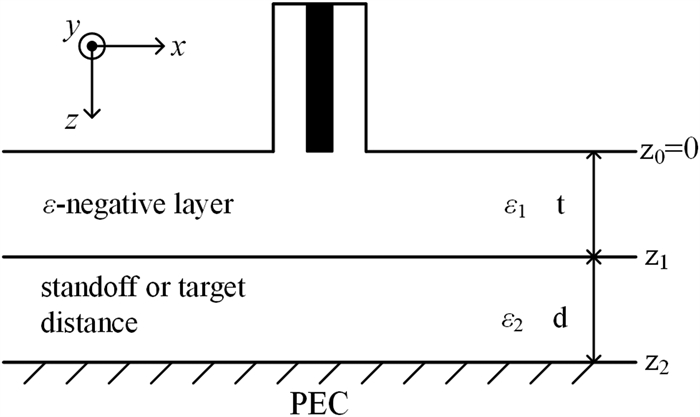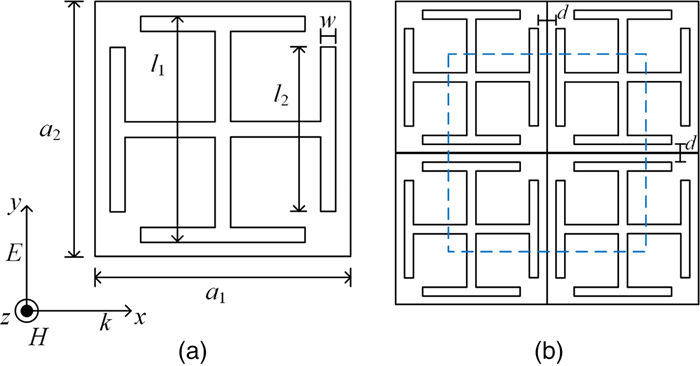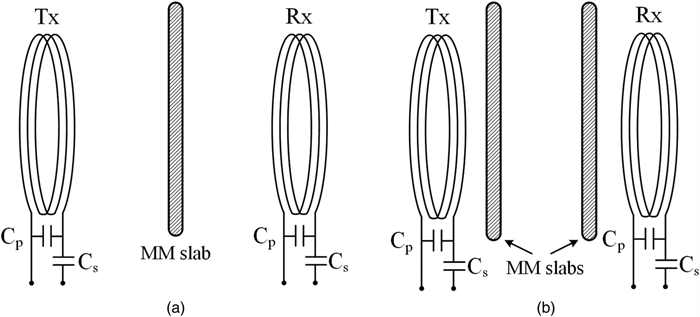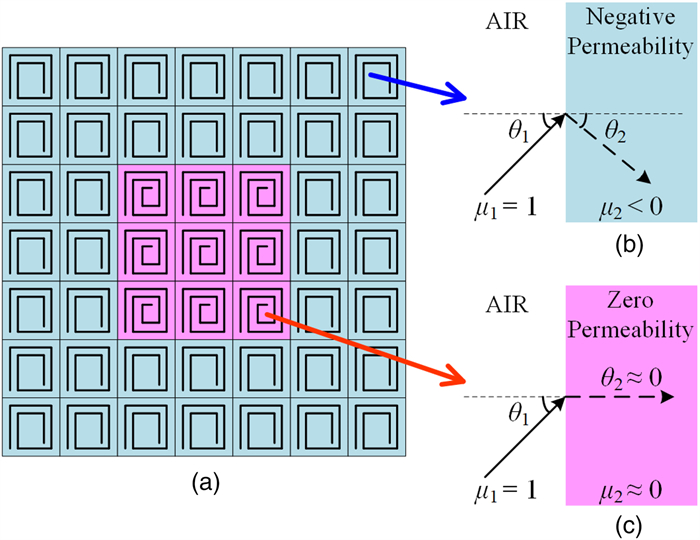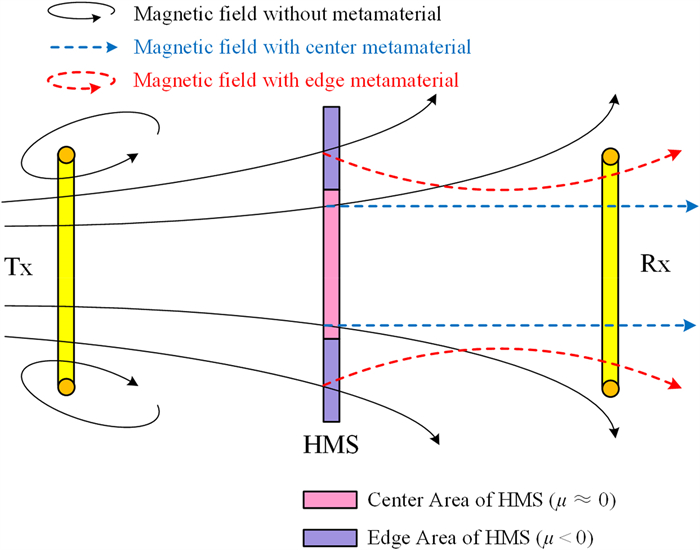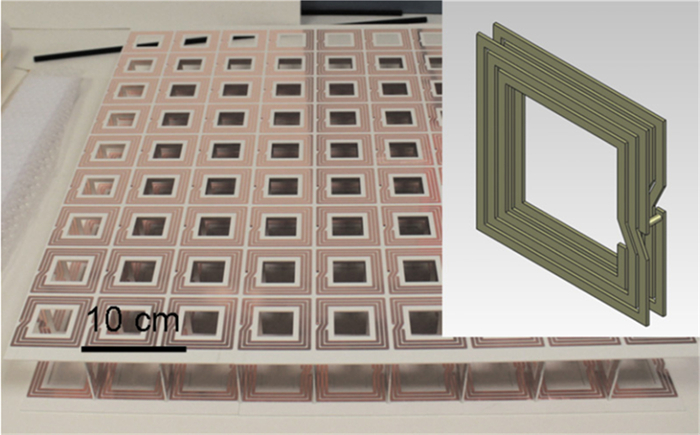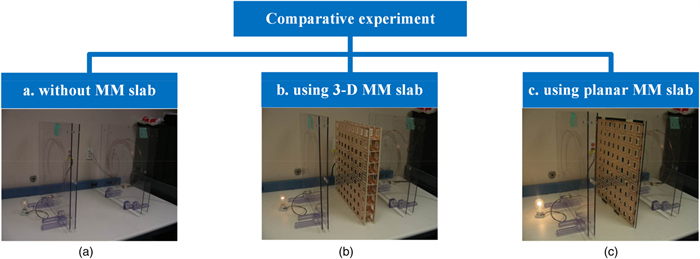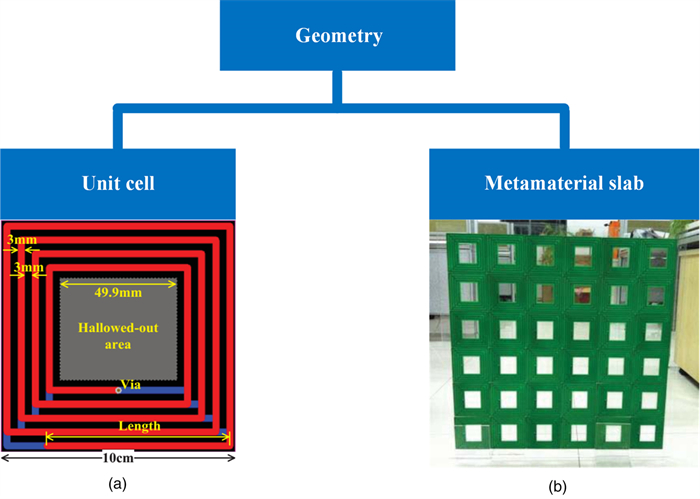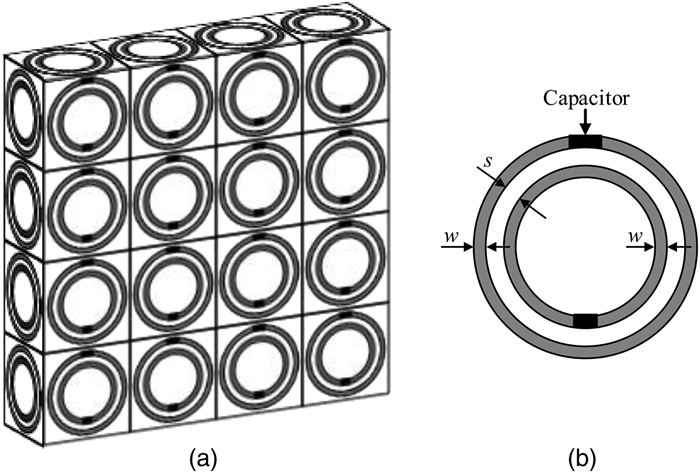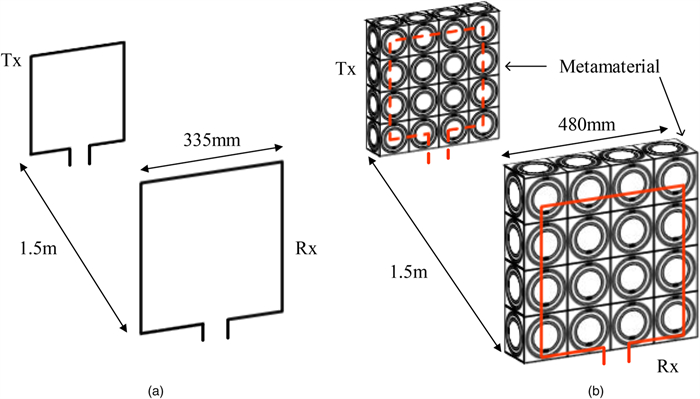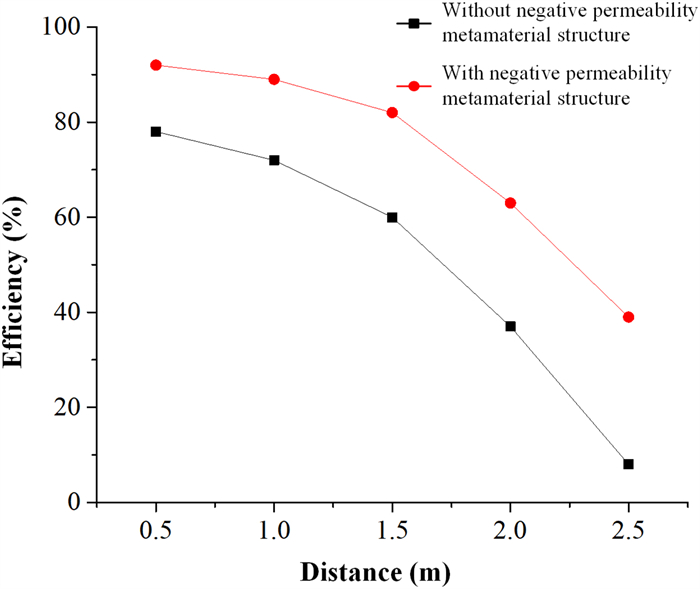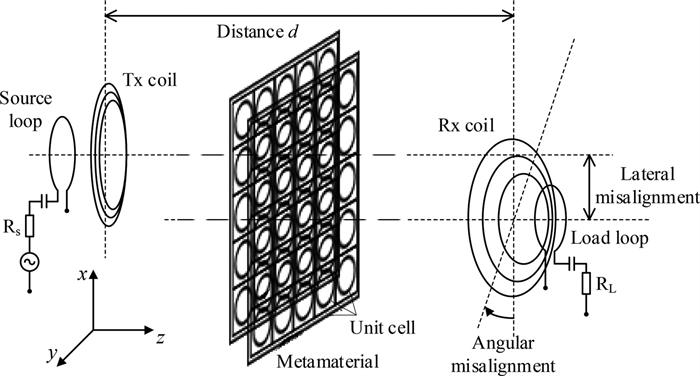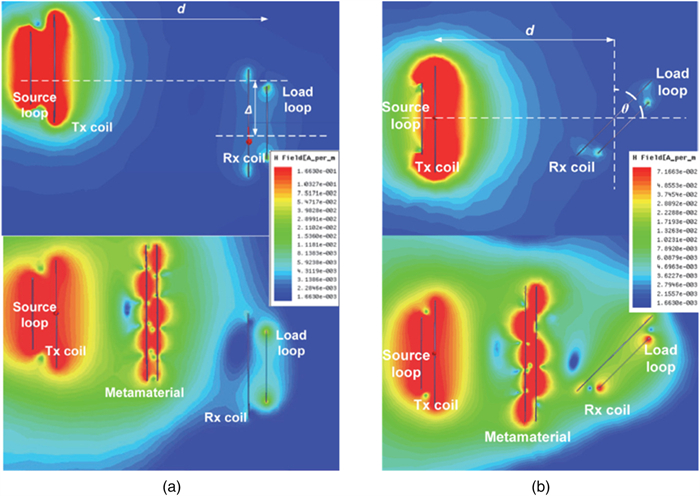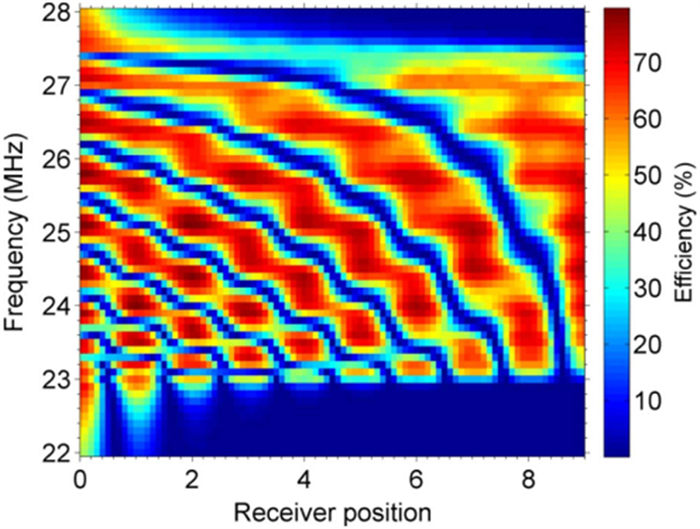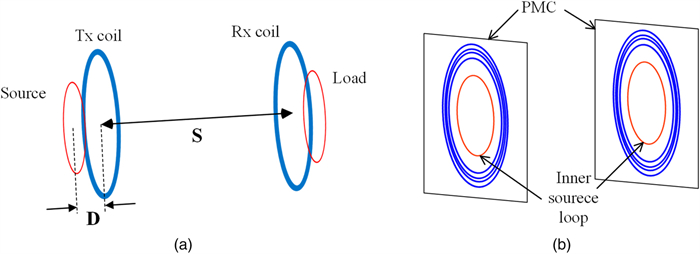Opportunities and challenges of metamaterial-based wireless power transfer for electric vehicles
-
School of Electrical and Information Engineering, Tianjin University, Tianjin 300072, China. Phone: +86 22-27402293
More Information
-
Author Bio:
 Zhen Zhang
Zhen Zhang (S'11-M'13-SM'15) received the B. Eng. and M. Eng. degrees from Tianjin University, Tianjin, China, in 2004 and 2007, respectively, and the Ph.D. degree from The University of Hong Kong, Hong Kong, in 2014. He worked at IBM Research Lab supported by IBM Great Minds Program and served as a Postdoctoral Fellow at The University of Hong Kong in 2014. Currently, he is an Associate Professor in the School of Electrical and Information Engineering at Tianjin University and an Honorary Associate Professor in the Department of Electrical and Electronic Engineering at The University of Hong Kong. He has authored or co-authored more than 30 internationally refereed papers and two book chapters. His research interests include wireless power transfer, electric drives, power electronics, and distributed energies. Dr. Zhang currently serves as an associate editor of the IET Renewable Power Generation, an executive editor of the Cambridge Journal – Wireless Power Transfer, and an Editorial Board Member of the IEEE Transactions on Magnetics.
 Bowen Zhang
Bowen Zhang was born in China in 1995. He received the B. Eng. degree from China University of Mining and Technology, Xuzhou, Jiangsu, China, in 2017. He is pursuing the M. Eng. degree at Tianjin University, Tianjin, China. His current research interests include wireless power transfer, metamaterials and power electronics.
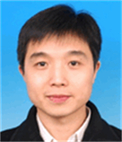 Bin Deng
Bin Deng was born in China, in 1979. He received the M.S. and Ph.D. degrees in Electrical Engineering from Tianjin University, Tianjin, China, in 2004 and 2007, respectively. He is currently a Professor in the School of Electrical and Information Engineering, Tianjin University, Tianjin, China. His current research interests include analysis and control of nonlinear system, the dynamic of neural system, the noninvasive neural stimulation, and the analysis of neural signals.
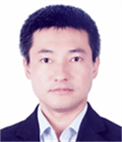 Xile Wei
Xile Wei was born in China, in 1975. He received the M.S. and Ph.D. degrees in Electrical Engineering from Tianjin University, Tianjin, China, in 2004 and 2007, respectively. He is currently an Associate Professor in the School of Electrical and Information Engineering, Tianjin University, Tianjin, China. His current research interests include analysis and control of nonlinear system, the dynamic of neural system, the noninvasive neural stimulation, and the analysis of neural signals.
 Jiang Wang
Jiang Wang was born in China, in 1964. He received the B.S., M.S., and Ph.D. degrees from Tianjin University, Tianjin, China, in 1986, 1989, and 1996, respectively. He is currently a Professor with the School of Electrical and Information Engineering, Tianjin University, Tianjin, China. His current research interests include neural control engineering, bioelectromagnetics effects, and nonlinear control
-
Corresponding author:
B. Zhang Email: zhangbowen7@cumt.edu.cn
-
Abstract
This paper reviews previous studies on metamaterials and its application to wireless power transfer (WPT) technologies, as well as discussing about development opportunities and technical challenges for the contactless charging of electric vehicles (EVs). The EV establishes a bridge between sustainable energies and our daily transportation, especially the park-and-charge and move-and-charge for EVs have attracted increasing attentions from the academia and the industry. However, the metamaterials-based WPT has been nearly unexplored specifically for EVs by now. Accordingly, this paper gives an overview for the metamaterial-based WPT technologies, with emphasizes on enhancing efficiency, increasing distance, improving misalignment tolerance, and compacting size. From the perspective of EV wireless charging, this paper discusses about the breakthrough to current WPT technique bottlenecks and prospective EV charging scenarios by utilizing the left-handed material. Meanwhile, the technical issues to be addressed are also summarized in this paper, which aims to arouse emerging research topics for the future development of EV wireless charging systems.
-
About this article
Cite this article
Zhang Z, Zhang B, Deng B, Wei X, Wang J. 2018. Opportunities and challenges of metamaterial-based wireless power transfer for electric vehicles. Wireless Power Transfer 5(1): 9-19 doi: 10.1017/wpt.2017.12
|
Zhang Z, Zhang B, Deng B, Wei X, Wang J. 2018. Opportunities and challenges of metamaterial-based wireless power transfer for electric vehicles. Wireless Power Transfer 5(1): 9-19 doi: 10.1017/wpt.2017.12
|


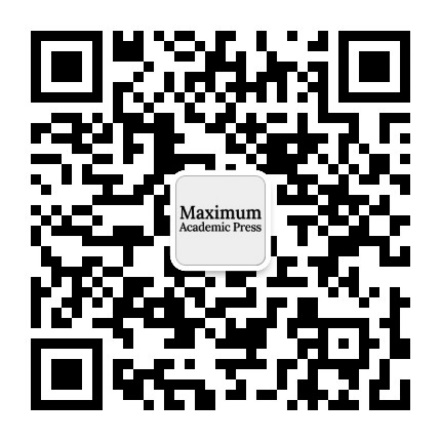
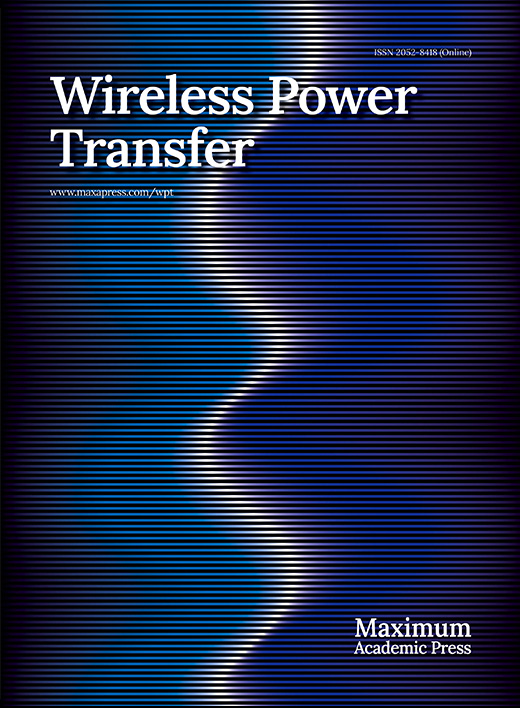






 Zhen Zhang (S'11-M'13-SM'15) received the B. Eng. and M. Eng. degrees from Tianjin University, Tianjin, China, in 2004 and 2007, respectively, and the Ph.D. degree from The University of Hong Kong, Hong Kong, in 2014. He worked at IBM Research Lab supported by IBM Great Minds Program and served as a Postdoctoral Fellow at The University of Hong Kong in 2014. Currently, he is an Associate Professor in the School of Electrical and Information Engineering at Tianjin University and an Honorary Associate Professor in the Department of Electrical and Electronic Engineering at The University of Hong Kong. He has authored or co-authored more than 30 internationally refereed papers and two book chapters. His research interests include wireless power transfer, electric drives, power electronics, and distributed energies. Dr. Zhang currently serves as an associate editor of the IET Renewable Power Generation, an executive editor of the Cambridge Journal – Wireless Power Transfer, and an Editorial Board Member of the IEEE Transactions on Magnetics.
Zhen Zhang (S'11-M'13-SM'15) received the B. Eng. and M. Eng. degrees from Tianjin University, Tianjin, China, in 2004 and 2007, respectively, and the Ph.D. degree from The University of Hong Kong, Hong Kong, in 2014. He worked at IBM Research Lab supported by IBM Great Minds Program and served as a Postdoctoral Fellow at The University of Hong Kong in 2014. Currently, he is an Associate Professor in the School of Electrical and Information Engineering at Tianjin University and an Honorary Associate Professor in the Department of Electrical and Electronic Engineering at The University of Hong Kong. He has authored or co-authored more than 30 internationally refereed papers and two book chapters. His research interests include wireless power transfer, electric drives, power electronics, and distributed energies. Dr. Zhang currently serves as an associate editor of the IET Renewable Power Generation, an executive editor of the Cambridge Journal – Wireless Power Transfer, and an Editorial Board Member of the IEEE Transactions on Magnetics.  Bowen Zhang was born in China in 1995. He received the B. Eng. degree from China University of Mining and Technology, Xuzhou, Jiangsu, China, in 2017. He is pursuing the M. Eng. degree at Tianjin University, Tianjin, China. His current research interests include wireless power transfer, metamaterials and power electronics.
Bowen Zhang was born in China in 1995. He received the B. Eng. degree from China University of Mining and Technology, Xuzhou, Jiangsu, China, in 2017. He is pursuing the M. Eng. degree at Tianjin University, Tianjin, China. His current research interests include wireless power transfer, metamaterials and power electronics.  Bin Deng was born in China, in 1979. He received the M.S. and Ph.D. degrees in Electrical Engineering from Tianjin University, Tianjin, China, in 2004 and 2007, respectively. He is currently a Professor in the School of Electrical and Information Engineering, Tianjin University, Tianjin, China. His current research interests include analysis and control of nonlinear system, the dynamic of neural system, the noninvasive neural stimulation, and the analysis of neural signals.
Bin Deng was born in China, in 1979. He received the M.S. and Ph.D. degrees in Electrical Engineering from Tianjin University, Tianjin, China, in 2004 and 2007, respectively. He is currently a Professor in the School of Electrical and Information Engineering, Tianjin University, Tianjin, China. His current research interests include analysis and control of nonlinear system, the dynamic of neural system, the noninvasive neural stimulation, and the analysis of neural signals.  Xile Wei was born in China, in 1975. He received the M.S. and Ph.D. degrees in Electrical Engineering from Tianjin University, Tianjin, China, in 2004 and 2007, respectively. He is currently an Associate Professor in the School of Electrical and Information Engineering, Tianjin University, Tianjin, China. His current research interests include analysis and control of nonlinear system, the dynamic of neural system, the noninvasive neural stimulation, and the analysis of neural signals.
Xile Wei was born in China, in 1975. He received the M.S. and Ph.D. degrees in Electrical Engineering from Tianjin University, Tianjin, China, in 2004 and 2007, respectively. He is currently an Associate Professor in the School of Electrical and Information Engineering, Tianjin University, Tianjin, China. His current research interests include analysis and control of nonlinear system, the dynamic of neural system, the noninvasive neural stimulation, and the analysis of neural signals.  Jiang Wang was born in China, in 1964. He received the B.S., M.S., and Ph.D. degrees from Tianjin University, Tianjin, China, in 1986, 1989, and 1996, respectively. He is currently a Professor with the School of Electrical and Information Engineering, Tianjin University, Tianjin, China. His current research interests include neural control engineering, bioelectromagnetics effects, and nonlinear control
Jiang Wang was born in China, in 1964. He received the B.S., M.S., and Ph.D. degrees from Tianjin University, Tianjin, China, in 1986, 1989, and 1996, respectively. He is currently a Professor with the School of Electrical and Information Engineering, Tianjin University, Tianjin, China. His current research interests include neural control engineering, bioelectromagnetics effects, and nonlinear control 


